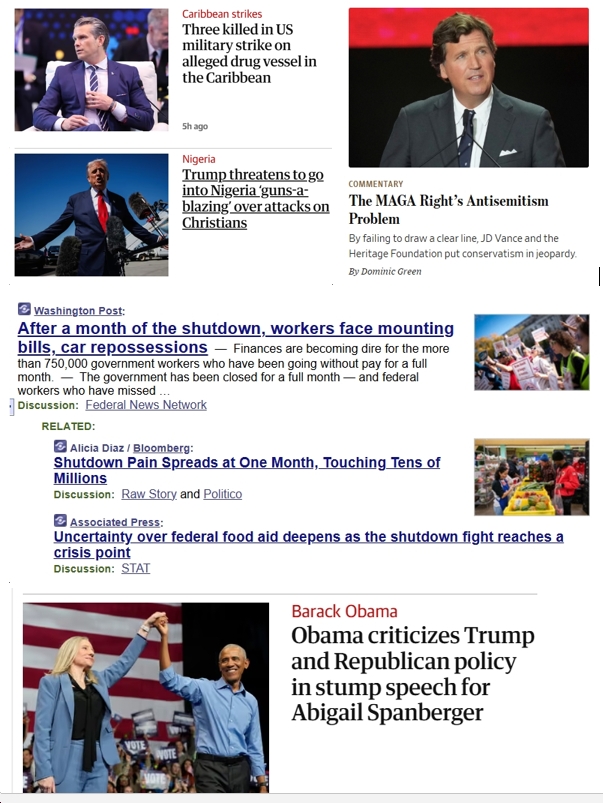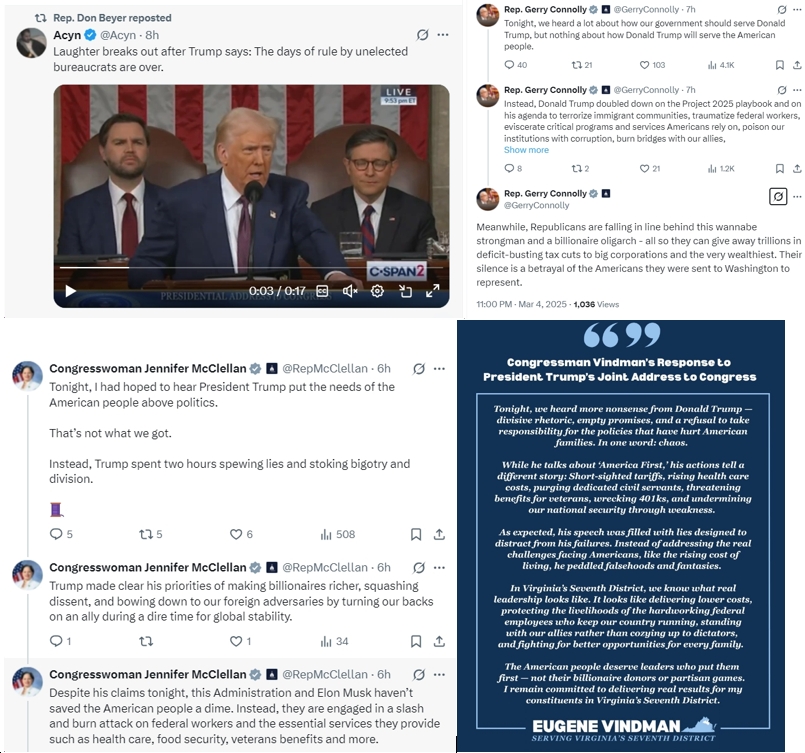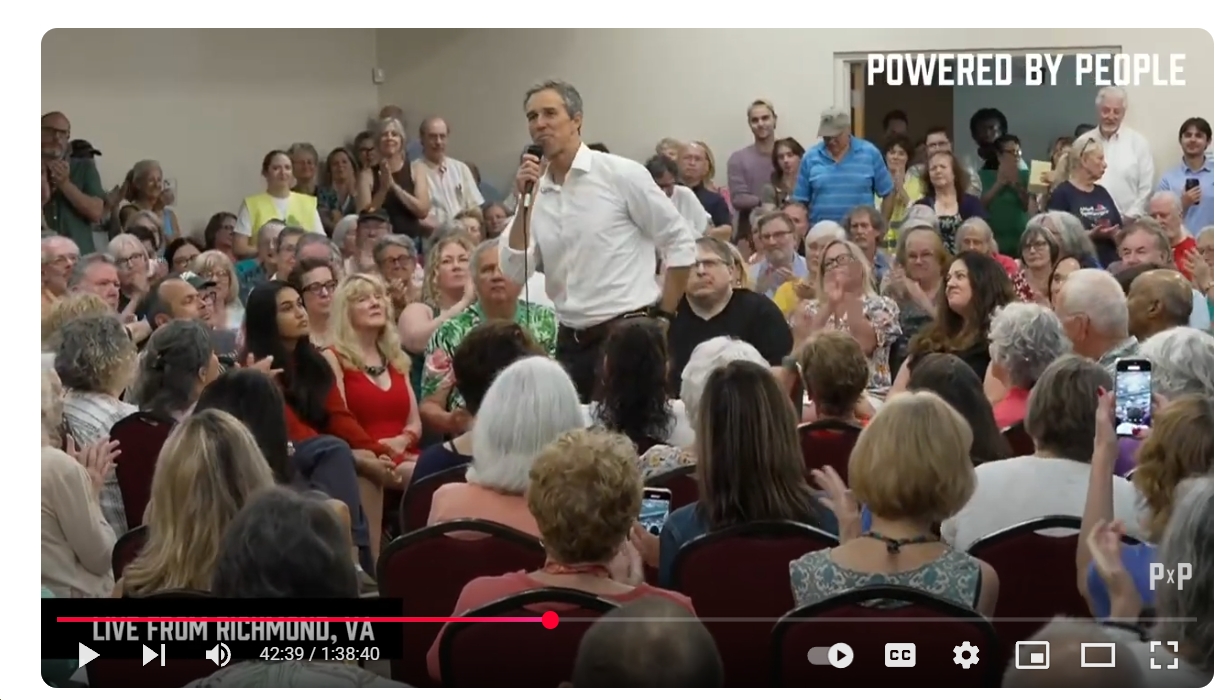by Anthony Flaccavento
It’s been a nagging mystery to me. Why are liberal media pundits and nearly all of the Democratic Party establishment so vehemently opposed to Bernie Sanders, and to a lesser degree, Elizabeth Warren? Sure, you can look at campaign donations and make correlations between Big Money donors and policy positions that accommodate the biggest corporations and the rich. But that can’t be all of it, because it’s not just the DNC, or the so-called moderate presidential candidates, or even the Comcast-owned wing of the party, MSNBC. It’s not just the 1% fighting progressive policies and candidates. It also includes the editorial boards and multiple opinion writers for the Washington Post and the New York Times. And NPR.
Take Mara Liasson’s comments during a segment in early February. Beyond the generally negative tone about Sanders, focused on his ‘vulnerabilities’ and problems with ‘electability’ Liasson stated that “you don’t even need to do the research part of oppo-research because his policy positions are opposed by big majorities of Americans.”
Say what? Opposed by big majorities of Americans? Would that be a wealth tax, which a just-released poll showed more than two thirds of Americans support? Is it a hike in the minimum wage to $15/hr, also supported by a two thirds majority? How about a Green New Deal? 59% favor vs just 28% opposed. Single payer health care? Polls vary, but consistently more than half of respondents are on board. And on down the line. What are we to think when one of NPR’s most seasoned analysts makes such a blatantly false claim, all in service to the larger argument that Sanders is “too extreme”?
Then it hit me. Nearly all of these pundits, ‘analysts’ and politicians apparently think that things aren’t really that bad; that, sure, there are some problems, but nothing that can’t be solved by a little tweak here, a little adjustment there. That the system – before Trump, that is – was working fine, in need only of a tune up, not a new transmission.
Perhaps that’s because the system is working just fine for most of these icons of liberal thought and discourse. They aren’t living in neighborhoods enveloped by despair, substance abuse and crumbling infrastructure. They don’t personally know multiple coal miners dying a slow death from black lung. Their schools are not chronically underfunded, their teachers working second jobs to make ends meet. Their friends and colleagues are not among the millions earning a minimum wage that doesn’t pay for the basics. Or among the tens of millions with either no health care, or expensive, high-deductible, lousy health care. They don’t live next door to farmers going bankrupt.
The vast majority of these opinion-shapers and political leaders are, in Thomas Frank’s words, part of the “professional class”, people who make their livings with their minds, not their bodies; who experience farming through the food they eat, drilling and mining through the light switches they flip, forestry and logging through their cabinets and floors; and folks who live in “centers of innovation”, not fly over rural places. And while most print, radio and TV journalists are poorly paid, senior reporters at NPR make six figure salaries two or three times over, while their best-known counterparts at CNN and NBC bring home ten times that much.
The leaders of the Democratic Party establishment and the liberal media dismiss and denounce Sanders, and progressive ideas more broadly, because they think things are basically okay, or were so before Trump. But for the 80% of US residents who have not shared in the explosion of wealth – a group Frank calls, “the American people” – their experience tells a story of long-term stagnation, if not decline, of more work for less pay, of insecurity, anxiety and fears about the future.
That decline is forty years in the making, sixteen of which were presided over by Democratic presidents. Centrist Democrats, wed to incremental change that Wall Street could live with (or in some cases, celebrate).
Until the Democratic Party faces its own, significant role in our current state of affairs, it will continue to be confounded by the widespread anger and alienation across this country, continue to wonder out loud, “Why do these people keep voting against their own interests?” Perhaps it’s because our party, the “people’s party” has grown aloof to the realities of so many Americans, white, black and brown, and as a result, reject root-cause progressive solutions in favor of putting band aids on gaping wounds. That’s been as bad for the Party as it has for the country. And 2020 might just be our last chance to change that.


















